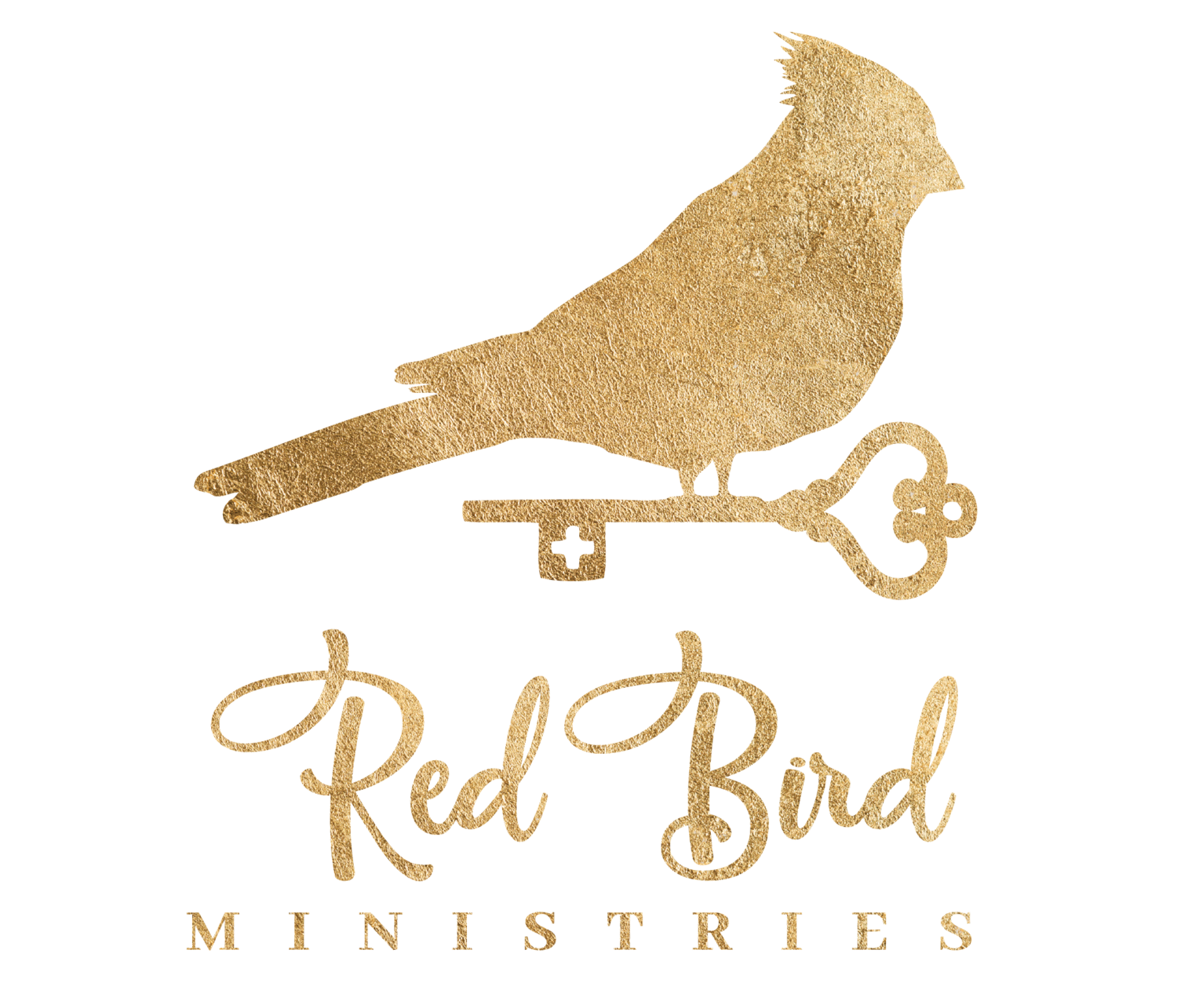Understanding Inner Vows
A vow is a sacred promise made to God. The vows of poverty, chastity, and obedience are traditional for all priests in the Roman Catholic Church. Vows can be either public or private.
A vow is a sacred promise made to God.
If you are married, your vows are the promises that you made during your wedding ceremony; these are called "matrimonial vows." In the Catholic wedding liturgy, a husband and wife promise to be true to each other in good times and in bad, in sickness and in health. They vow to love and honor each other all the days of their lives.
Vows are not a promise to your family, friends, or community; they are made with God.
You can make vows in private, or you can make them public. It doesn't matter who hears the vow—it's between you and God.
The one thing that does matter is that you keep your vows! If we want God's blessing on us, we must be true to Him in all things, including keeping our promises.
A vow is a covenant between you and your Creator. It's a sign of devotion, commitment, responsibility, and accountability. It's a concrete expression of what's in your heart and your desire for what you are vowing. A vow reflects who you are as an individual or family member, living out your life under God's guidance and protection.
Sometimes, we make unhealthy vows without knowing it.
There is another kind of vow. A vow can also be an unhealthy promise we make in order to create our own security and protect ourselves or others in traumatic or painful situations. This kind of inner vow is often the result of trauma and the brokenness of families, divorce, death, or abuse. In this case, a vow comes from an unhealed wound and the trauma and fear we experience when we are harmed by those closest to us. In our pain, we turn away from God and turn to unholy self-reliance. In fear and judgment, we decide that we must protect ourselves because we believe no one else will. Vows are often not made consciously – they are a way to cope with intensely painful situations and to find a measure of control when the wound from trauma is too great to bear.
Some examples of inner vows could be:
I will never walk away.
I will never go back there again.
I must be the one to protect my children.
No one will ever hurt me again.
I can never trust God.
The tricky part is that a vow can have a good impact in the short term. It can help a marriage stay together, a parent to be devoted to their children, or help someone make good decisions for themselves or their family. But this kind of vow is always made out of fear, judgment, and self-protection and leaves God out of the equation completely. These inner vows often lead to control and perfectionism in relationships and are based on trauma, not trust. They keep the inner wound so protected that it never heals.
Inner Vows are often made out of fear, judgment, and a desire to protect oneself.
Instead of dealing with the underlying causes of our brokenness, a vow is a self-protection. When we make an inner vow, we put all our energy and focus on keeping that vow instead of on allowing the Lord to heal us from the wound that caused us to make the vow in the first place. The Lord desires our freedom and healing, but He will always respect our free will. Inner vows keep us in control and keeps the Lord outside of the areas we are most in need of healing.
The journey to inner healing and freedom must include looking at any inner vows we may have made in our brokenness and trauma. When we have identified a place where we may have made a vow, we can repent and renounce the vow.
We can say the words aloud with the Lord in adoration or in spiritual direction, or in our private prayer, but we have to make a conscious decision to release the vow and invite the Holy Spirit into our wounds for transformation and restoration.
The Lord desires our freedom and restoration!
This is such an important process in our healing, especially after the death of our child. Grief can expose many other wounds that have remained unhealed for years, often from our own childhood and upbringing. Even in grief, we can pray for the courage to look deeply at other wounds we may have experienced and renounce any unholy vows we have made. The Lord longs for our hearts and wants to tell us who we really are as His beloved daughters and sons! He wants to restore us so that we can stop living lives based on fear and control and live from the freedom of being abundantly loved.
God is longing to bring power and redemption to your broken heart right now, but we have to give Him permission to come all the way in. If you think you may have inner vows that need to be broken, reach out to us here at Red Bird Ministries, and we can pray with you and offer you support in finding the healing the Lord so desperately wants to give you.
